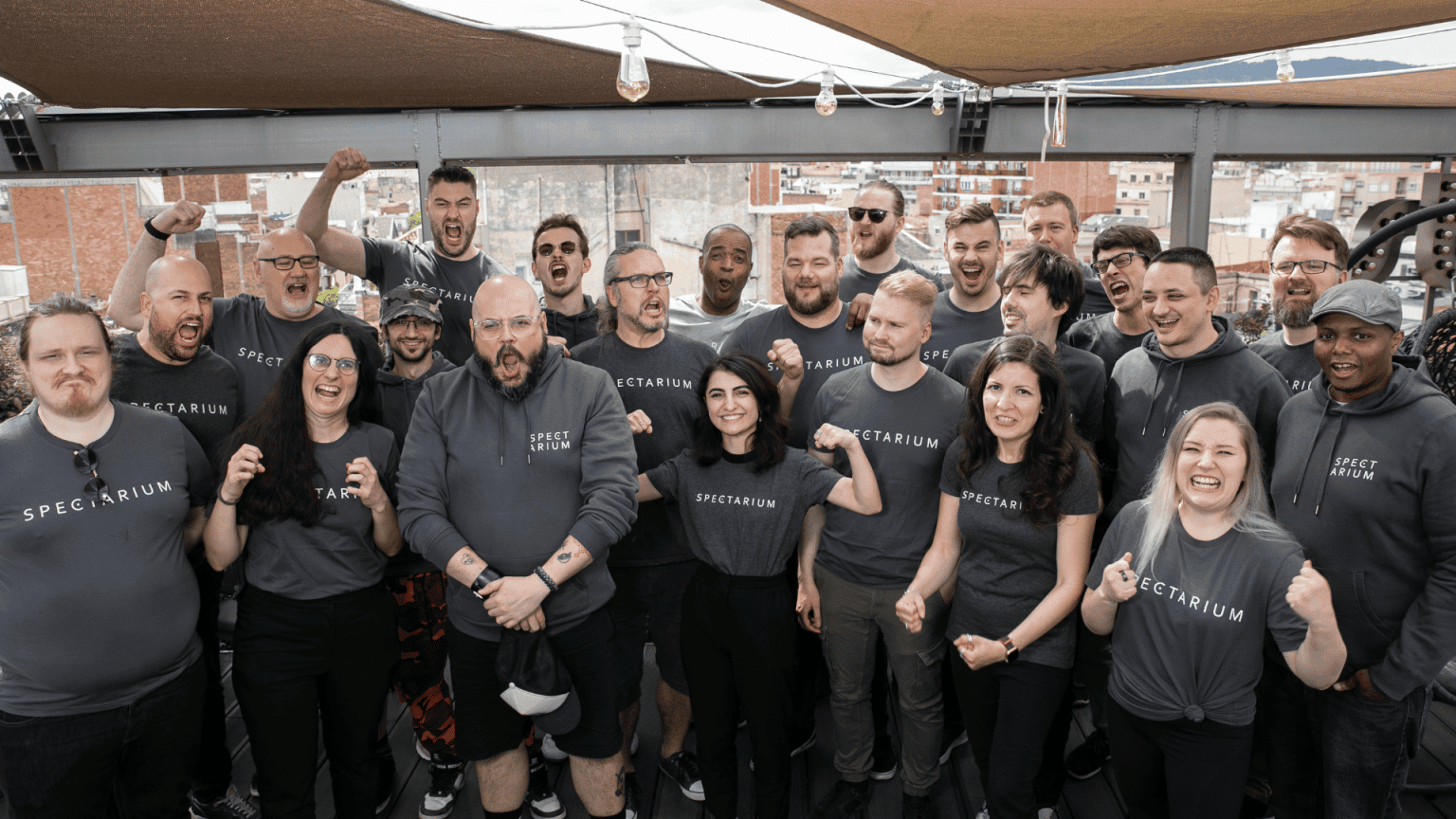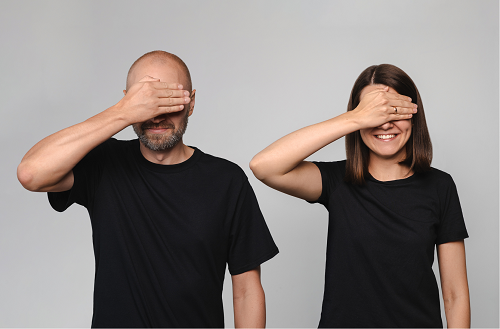
Should the founder wear a suit, hoodie, or be a monkey?
The suit is dead. Long live a monkey! It used to be simple. If you wanted to look professional and gain trust for investments, you'd wear a suit. Startup culture killed it.
Not the suit itself, but its monopoly on the image of ‘professionalism’. I browsed through at least 500 founders and team pictures – none (almost) are in a suit.
But that hasn't made things easier, especially for startups.
Nowadays, wearing a suit could send the wrong message – that you are old-fashioned, uncreative, even inflexible. Everyone expects at least minimal authenticity and uniqueness. Often, that's even more important than professionalism.
And if you are looking for advice online, you’ll bounce to abstract and even frightening suggestions – "be authentic," "be creative," "don't be boring." Easy to say.
What if you feel foolish doing something outlandish, acting overly excited, or striking a dramatic pose for a photo? Faking traction is easier than faking enthusiasm on camera. Extreme excitement and absolute happiness for being in the picture is one of the most popular themes in team and founder's photos. Everybody is shouting, but really – not everybody.
Like in this gaming startup ‘Spectarium’ or ‘Ellie.ai’. Some people just have the energy in the picture, and some would like to go back to work.

Some startups look for creative solutions to stay comfortable, not to fake anything, talk about project without showing a Founder looking at the project. Like the guys from ‘Meatable’.
They leave themselves in the background and focus is on food. Catchy.

But with the rise of blockchain and crypto startups, the rules for how to look in pictures have become even more confusing. In this space, even showing your real face – let alone wearing a suit – may not be a signal of future success. Here, anonymity is as crucial as any other factor. If you present yourself as a monkey, a crypto punk, or any other digital avatar, you're seen as someone who understands what it takes to succeed in crypto.
So, when you are browsing through the list of speakers and next to chess master Garry Kasparov (wearing a suit, obviously) you see a monkey with a cowboy hat, you feel that he knows more about crypto than Garry.

Or you believe that 0xChronos and Atlia should do a very good job running a liquidity layer project. Probably better than some old time banker. Maybe.

Even some VCs have avatars in their team. ‘Paradigm’ , one of the more well known VCs has an anime-style person and a man with a cactus hat on their team.


Our startup, Micapass, is a regtech company whose focus is on crypto markets and decentralised protocols. So, should we go with a monkey or a legal-style suit?
We can't use avatars; we're in regtech and require identification. But a simple picture won't do; the crypto community won't accept it.
So, we decided to embody one of our startup's main Unique Value Propositions. Our AML compliance tool offers something nobody else can – though users have to do KYC, they remain anonymous. So, in our team pictures and wherever we go, we take photos with our hands covering our eyes.

It's enough to do this not to feel stupid, even more, to feel relaxed and still have a pretty cool picture which reflects the product – remain anonymous.
The two worst pieces of advice you can get in this department are "be yourself" and "be creative." With the first one, you'll almost always be boring. With the second one, you'll most likely feel uncomfortable.
Be yourself without actually being yourself. Find the most comfortable aspect of you and your startup and use it. If that is nowhere to be found – a suit is always an option.

